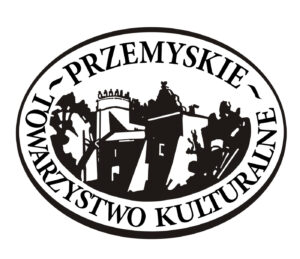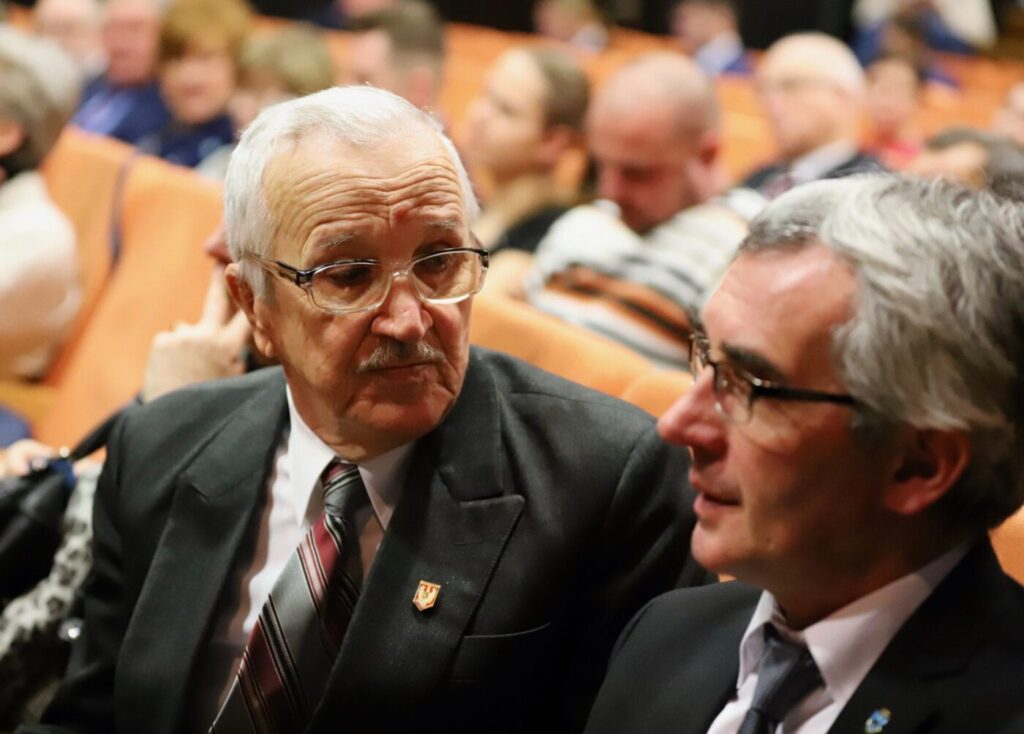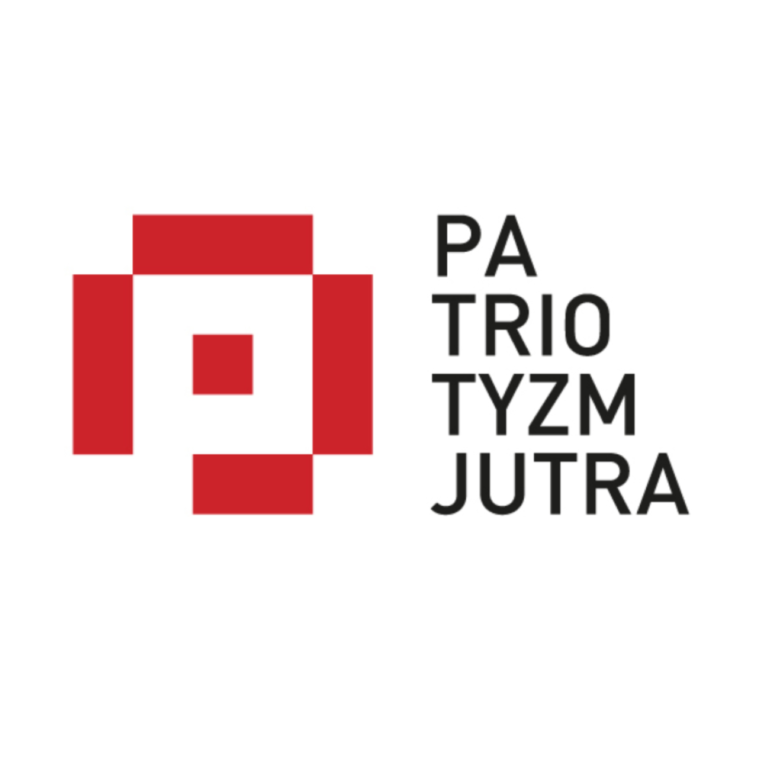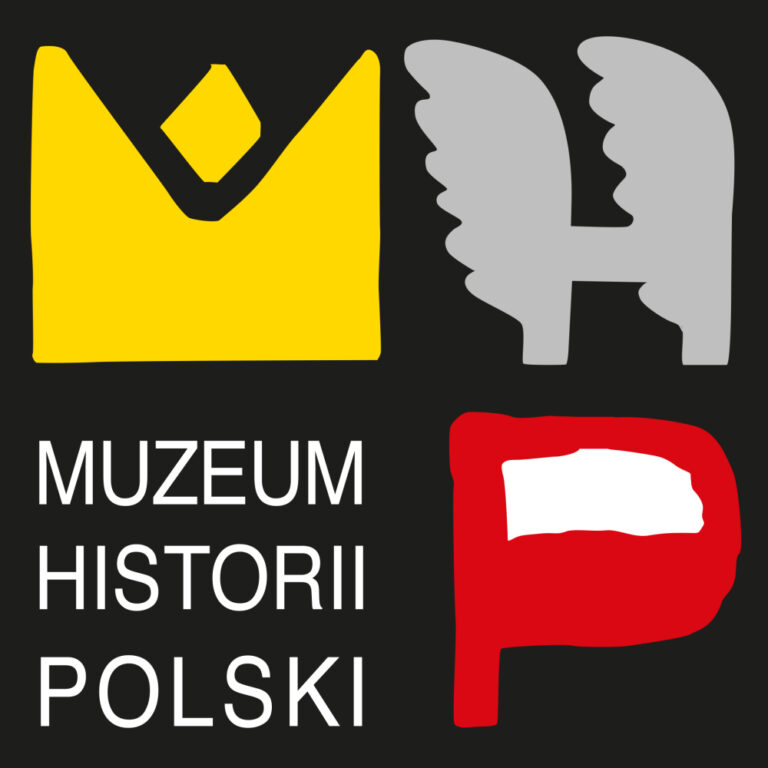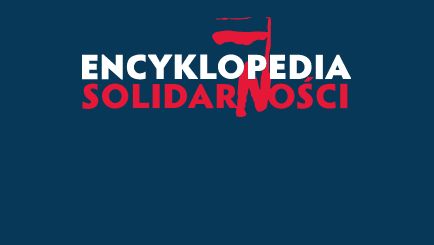
FROM THE ENCYCLOPEDIA OF SOLIDARITY IPN
Zygmunt Majgier, born May 8, 1940 in Rudniki (now Ukraine). Graduated from Primary School No. 5 in Przemyśl (1955). 1958- 1961 manual worker at the Shoe Factory in
https://encysol.pl/es/encyklopedia/biogramy/17456,Majgier-Zygmunt.html?search=6234105
.
Memories of Zygmunt Majgier
.
- We founded Solidarity in Przemyśl
From the very beginning, back in 1980, I founded Solidarity. In the Przemyśl Housing Cooperative. And there were seven of us in Przemyśl, and we founded the union in the first seven enterprises. These included the railroad machinists: Staszek Baran from Przemyśl and Gienek Opacki from Zurawica. The third was Wladyslaw Mazur of the Fiberboard. The fourth - Andrzej Kucharski from Polna. The fifth - was Witek Siwiec's brother from POM, which at the time was still located on (today's) Dworskiego Street. Witek Siwiec himself was such a co-organizer. And the seventh - me, from the Przemysl Housing Cooperative.
The first founding meeting was held in the spring of 1980 at 6 Grodzka Street, on the second floor, in the headquarters of the deaf and dumb. Before that, back in 1979, we met first on the street and then in Witek Siwiec's apartment or at Wladek Mazur's place in the Plywood Plates on (today's) Ofiar Katynia Street.
After the disclosure, i.e. after August 1980, we all met in "Orzechówka" (in the former Orzechowski mansion next to the Cathedral). Soon the Election Staff was formed in a premises near the Railway Station (today's Legion Square). At the same time, Kijanka tried to the governor of Przemyśl to get a permanent Solidarity headquarters, well, and we were given premises in a building by the Stone Bridge.
I was a delegate to the First Solidarity Congress, which was held at the High School on Slowackiego Street. Well, and I was active at my workplace, that is, the Przemyśl Housing Cooperative. There I was first vice-president of the union, and the chairman was Jasia Pękalowa. At that time it was still only the presidents who ruled, and the ordinary worker had nothing to say. Well, I guess Ms. Jasia was afraid to oppose the chairman and began to get along with him. She simply went along with him to make deals.
I always had my hands in the work, not in the stools, so I didn't care about the position. At the same time, I said what I thought, and I wasn't afraid of being fired. Well, so after a few months of these polite deals between Chairwoman Pękalova and the president of the Cooperative, as vice-chairman of the company's union, I told her directly, "Ms. Jasia, if you can't fight hard for workers' rights, then resign!" Well, and she resigned. And since no one wanted to run for a new chairman, well, I became one. And the deal with the chairman ended. Soon more than 90 percent of our employees signed up for Solidarity. This made such an impression on the presidents of the cooperative that eventually they too enrolled in our union.
2 Martial law
On December 13, 1991, I went to church for 9 o'clock, and after mass I learned that martial law had broken out. Well, so I rushed home, dressed warmly and went to the headquarters of the Solidarity Region at Stone Bridge. There, on the second floor, everything was already shattered, even the cables from the wall were torn out. The secret police had probably broken in there while it was still dark, but not all the documents had been found and taken away. After a short discussion, we decided that we would take all those that had been preserved after the break-in by the Security Service to the Franciscan parish. At the church, Father Maximilian led the three of us to the boiler room in the basement, and there we filed our Region's documents.
At the headquarters on Kamienny Most, in addition to me, there were Klyaz, Kaminski and Zolkiewicz. A decision was made to print leaflets calling for a strike. I don't know where these leaflets were printed, but still on the same day, Sunday, they were ready. Well, and there came activists from Fanina, from Polna, from the Plates, also railroad workers. They would take 50 each, and they were supposed to throw these leaflets at the plants on Monday between 5 and 6 am. I still distributed leaflets on Sunday, December 13, to activists from various factories on Jagiellonska Street, at bus stops. However, not many came forward and I did not manage to distribute all of them. So I got on the buses and put the leaflets in the back or dropped them on the floor, and got off at the nearest stop. Later, in a few people, we met at my place in the PSM boiler room in Kmieciach.
3. sacking
At PSM, I worked in the workshop as a maintenance worker. The repression against me, as chairman of the company's Solidarity movement, began in early 1982. They seemingly didn't openly dismiss me from my job, but first I was transferred to the greenery and my grade was lowered. Then a decision was issued that in the greenery I was useless to the workplace and a transfer to work in the boiler room was proposed. And because I refused to sign for this, so I was already completely dismissed from work.
The exact situation was that my manager called me and says: "listen Zygmunt, Chairman Polich told me to fire you. He said that if I don't fire you, he will fire me and at the same time fire you." The manager suggested that I agree to be fired by mutual agreement. He said that he had young children and was afraid of being fired. At the same time, he suggested that, after all, I have a car, so I could earn money at a stop as a cab driver. I understood his situation. Well, and since the end of April I became a cab driver.
4. at the Taxi stop
All in all, I didn't complain, because there was a good side to this change. As a cab driver, I could be more helpful to the underground Solidarity movement.
Among other things, I delivered parcels to the families of interned union activists, such as Rysiek Buksa, Józek Trojnar and Wojtek Kuse. For these trips and for these packages I even received foreign money from Marek Kuchcinski, I think it was $700 or $800. He had an uncle in the West, I think in Belgium. Well, and I gave this money to the most needy activists: they got it, for example, Jasio Ekiert, Rysio Buksa, Jasio Karus, Józek Trojnar, as well as Dolos Kunkiewicz and Danka Kir. I even wanted to write it down and asked them to confirm it, but they didn't want to give confirmations because they considered it dangerous. If the Security Service had found these confirmations with me, they would have known who got how much. So I gave this money to those activists who needed help the most. Marek Kuchcinski trusted me, and I was the one who decided who needed to be helped.
I traveled with Marek Kuchcinski and Marek Kaminski to places of internment: Łupków, Uherce, Sanok. We carried food parcels, but left them with priests in churches, because the guards wouldn't let us into the prison. Only through the wires could we sometimes see our interned colleagues. I also traveled there with Father Stanislaw Czenczek and Father Stanislaw Bartminski.
I also helped Father Bartminski by bringing various journalists, activists or priests to his Krasiczyn meetings. Sometimes from far away, for example, from outside Warsaw.
5. felt needed
I felt I was needed and was needed as if for everything. I was responsible, for example, for the printer, for the distribution of leaflets, and for helping activists in hiding.
And so, for example, the vice chairman of the company's Solidarity movement from the Bus Factory in Sanok was hiding at the home of two elderly ladies in the attic of one of the buildings in Zasan, Przemyśl. I visited him and supported him. There was a machine at his place that printed leaflets, such a duplicator, a spinning wheel. After some time he wanted to go home, so I drove him back to Sanok. Then Marek Kaminski recommended me to find a new place for the leaflet printing machine. Well, and I found such a place at Jurek Trojnar's place in Orły. Previously, I had carried food parcels there to his wife. Jurek did not refuse, took a risk and printed leaflets for a year or a year and a half. I picked them up from him and carried the matrices, which were handed over to me by Marek Kaminski.
About this machine at Jurek Trojnar's I was the only one who knew, but he eventually began to fear a mishap, because he had a lot of children. So I asked such an engineer at Edz Szczurek if he would take the printer to him. He replied: "No problem." Well, and at night I took this printing machine from Jurek from the Eagles and took it to Edzia in Bolestraszyce. He was also a little afraid, but he agreed. He was fired from "Fanina" because he was chairman of Solidarity there.
In Zarzecz, on the other hand, an agricultural Solidarity activist, Henio Cząstka, printed underground books. We brought him a printing press to the church there and he took care of it. Then there was a slip-up, he got arrested and was in jail.
I was also taking a risk, of course, because if I had fallen while transporting these printers, I would have gone to jail. I was aware of this and was prepared for it. Marek Kaminski, too, by the way. But somehow it always worked out. Once it was even by truck that we had to carry the printing machine. It was in the attic at the home of a professor on Malawski Street. It was so big and heavy that Marek and I could barely manage to carry it up. He got a car from his colleagues from the PKS, we loaded her onto that truck and he drove her to someone somewhere as far away as Yaroslavl. They made it and printed it there.
6. we also transported books
Once Janek Musial came to see me. He lived across the street from me, on Kmiecie. Well, and he says that it is necessary to transport books from Father Bartminski from Krasiczyn to the priests in Krosno.
Well, we drove to Krasiczyn. We loaded a full trunk of books, the priest treated us to some more coffee, we talked, and then on our way. I thought it would be safer to take not the shortest route through Bircza, but the ferry across the San to Korytniki and on to Dubiecko and Dynów. But even there the Security Service was on guard. Already on the ferry the ferryman warned us that an hour ago some two guys had asked him if such a cab was going on the ferry. As we were leaving Korytniki for the main road, just then an iiat was going in the direction of Przemyśl. When the driver saw my cab No. 201, he immediately turned around and started after us. Well, I gasped as much as the pledge could pull. My car was brand new, so we quickly left the Fiat far behind.
Entering Dynow, I turned to the nuns. There we ducked and watched as the SS fiat drove through town and drove on. After some time we set off again on the road to Krosno. In the middle of the further road, again some fiat stuck to us. Again we had to run away and again managed to lose him. So that without a mishap we delivered the books to the priest in Krosno.
7. harassment by the security forces
Somehow I managed to avoid a major slip-up, but I was still harassed by the Security Service. Mainly for participating in organizing rallies on May 3, August 31 and, of course, December 13.
Every 13 I spoke, either myself or Jasio Ekiert. At first we demanded the release of Walesa and all those interned. Then we demanded the release of imprisoned activists, such as Romaszewski, Kaminski and Kuchcinski. They would detain me after a rally, and when they succeeded, they would take me from my house or from the street beforehand. They usually took me for interrogation and often fined me. Most often I got fines of 50,000 zlotys "for causing social unrest."
In addition, I was harassed with searches at home. I had a total of a dozen such searches. The worst was the first time, somewhere in early 1982. Somehow, at that time, I didn't think about the danger of being searched, and I kept some photos and all those underground writings at home, which I have now turned over to the IPN. I would have fallen one hundred percent, but I was lucky that the search warrant was issued by prosecutor Henryk Handzel. He, too, lived on Kmiecia Street, and was a friend of mine still from Dworski Street, when we played soccer together. When his brother fell ill at the time, I helped him in various ways as much as I could. Well, and he saved me now. Although he signed the search warrant, but through his sister-in-law he let me know at night that at 6 a.m. there would be a search at my apartment. Well, so that night we still carried it all out to a friendly neighbor. Well, and of course the SS men found nothing. And they searched the whole apartment very zealously, even looked into the vacuum cleaner. They also searched in the basement, in the garage and even under the hood of the car.
This Henio Handzel soon stopped being a prosecutor and became a lawyer. Perhaps he had to, because someone might have denounced him for being too lenient with Solidarity underground activists.
8 Catherine was also harassed
The secret police, moreover, harassed not only me, but also my wife, Catherine. She too was a patriot and always supported me as much as she could. When it was necessary to pass leaflets to someone, she would do it, because the Fugitives were constantly following me, sometimes even openly, with a rooster on the roof.
She was the one who picked up the matrices from her son Gienek Folwarski. His son was studying in Cracow and quite often brought me matrices and printing ink. Marek Kaminski couldn't carry it out of the workplace, so we arranged wherever we could.
Well, so the wife also had various unpleasantness. She worked in a store. She was the manager of a seed store on Jagiellonian Street. Well, and she had control after control there. One esbek often came to the store and accused her of not having this or that product in the store. Those were the days when not everything was available in wholesalers. So she had to show that all the goods kept in stock were also on sale in the store. Once she even told him that he made it impossible for her to serve customers because he kept bothering her.
She also received unpleasant phone calls. Once, for example, the voice on the receiver said: "you will die, you will die." Well, she replied: "And you think you won't die?" Another time, the voice in the handset suggested my infidelity: "Well, Mrs. Majgerova, you'd better examine yourself at the doctor's, because I don't think you know who your husband goes to and with whom he entertains? To this she: "I know who he goes to. Don't worry." Well, and such various primitive phone calls.
9. I didn't miss detention
However, I was taken into custody at least 10 times, including as many as five times for 48 hours.
A year after the death of Father Popieluszko, we unveiled a plaque dedicated to him. Then they locked me up in the provincial SB detention center in Yaroslavl. At first they searched me and ordered me to strip naked. And since I had a chain with a cross around my neck, they ordered me to take it off. When I refused to do so, they tore it off and threw me naked into a cell. And so I sat there naked for 48 hours. And because I had staged a hunger strike, even the ambulance service came and gave me some kind of injection. It was cold in the cell, and they didn't even give me a blanket. I did, however, get a blanket from my fellow inmates. I was so weak that I couldn't walk. That's when they locked Mark Kaminski in there.
Another time, somewhere in 1983, when I was driving a client to Rogozinski Street, there was a militia car following me the whole time. When the client got out of the car, three guys from the militia car jumped up to me, showed me some sheet metal, said it was the Secret Service and demanded that I get out. When I refused, they grabbed my arm and started dragging me. I was the one who started honking my horn at the whole neighborhood. People opened their windows and came out of their blocks, but they snatched me out of the cab anyway. They took me to Dworsky Street to the SB, and since they found leaflets in my car, I was taken to an SSB detention center in Yaroslavl for 48 hours. Admittedly, they later gave me money for a bus to Przemysl, because when they ripped me out of the cab, my wallet was left there.
On All Saints' Day in 1983, I distributed leaflets at the cemetery. Some snitch must have reported this to the F.B.I., because when I later took my wife out of the house and drove to her grave at the cemetery, there was an unmarked SS van following us the whole time. When I dropped my wife off at the cemetery, and parked in the parking lot myself and got out of the car, there were already three SS men waiting for me there: one like Captain Bobinski and two of his subordinates. They grabbed me, twisted my arms and put me in the car. There Captain Bobinski shouted to me: "You son of a..., we will finish you off for these leaflets. If we catch you again, we'll finish you off." But they didn't lock me up then, they just kept me in that oxcart for half an hour and questioned me about the leaflets spread on the tombs. I didn't admit to anything. I said: "I didn't unfold those leaflets. I didn't and don't have any leaflets. Go ahead and look for them at my house or in my cab." Fortunately, it ended with another threat to finish me off, well, and they let me go.
This Captain Bobinski has detained me before. The first time was still after December 13, 1981, after I organized a meeting of underground Solidarity activists in the PSM boiler room. Someone apparently had to report this to the Security Service. Bobinski arrested me on the evening of December 22 and wrote a report on me that I had organized an illegal meeting. I didn't confess to anything, but in connection with this accusation later that night he delivered me to the prosecutor in the courtroom. Fortunately for me, it was prosecutor Wrzos, who lived in the same cage as me in a block of flats on Kmiecia Street, and whom I had once helped in some important case for him. Conducting an official interrogation, in the presence of Captain Bobinski, prosecutor Wrzos stated that I would face three years in prison for this act. However, when he sent Bobinski for some document after a while, he told me in private not to confess to anything, to maintain that, although I was in the boiler room outside working hours, but alone and in order to check the central heating furnace I was servicing. Well, and thanks to prosecutor Wrzos, I didn't get three years in prison.
The interview was conducted and compiled by Jacek Borzecki
